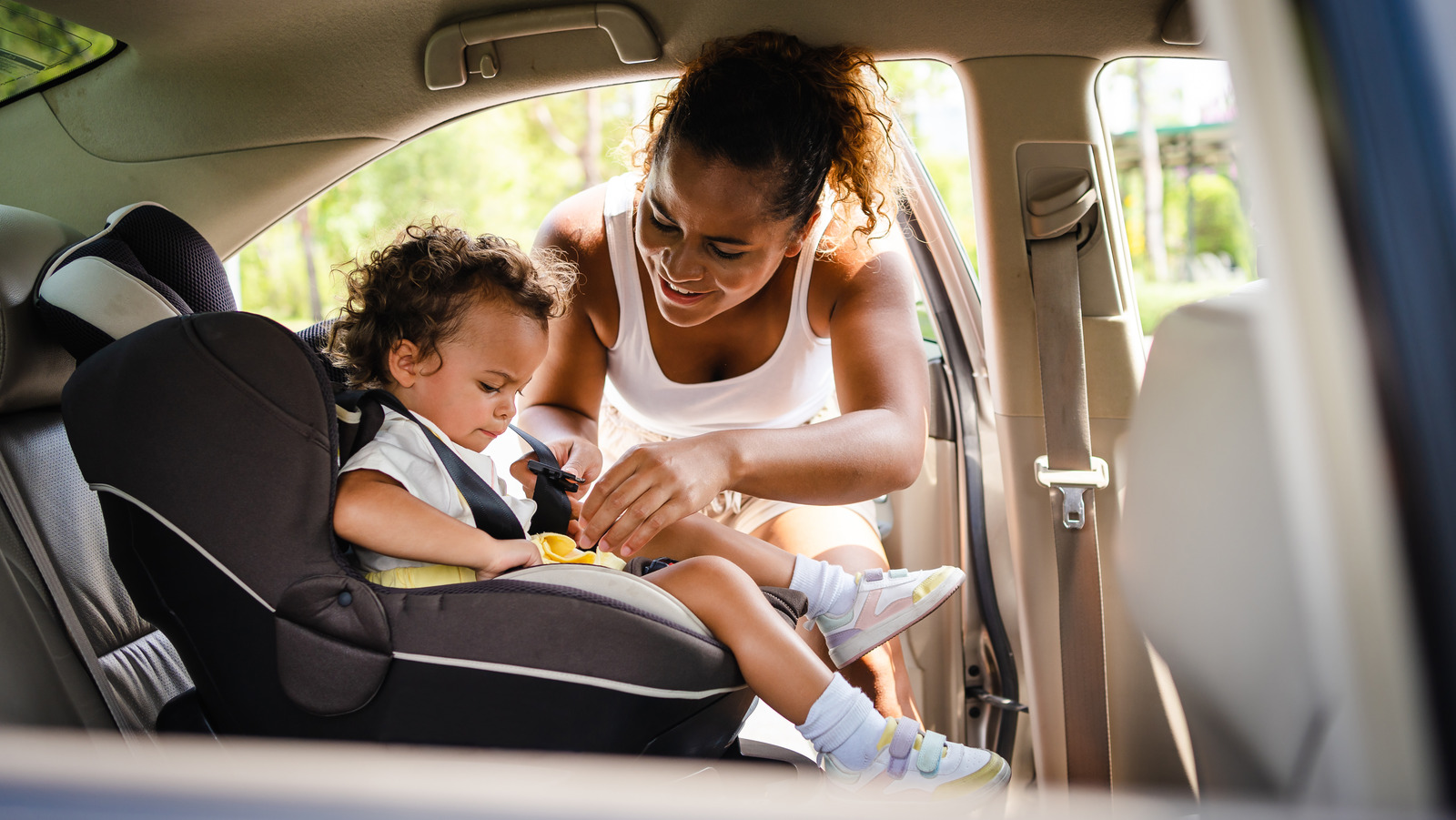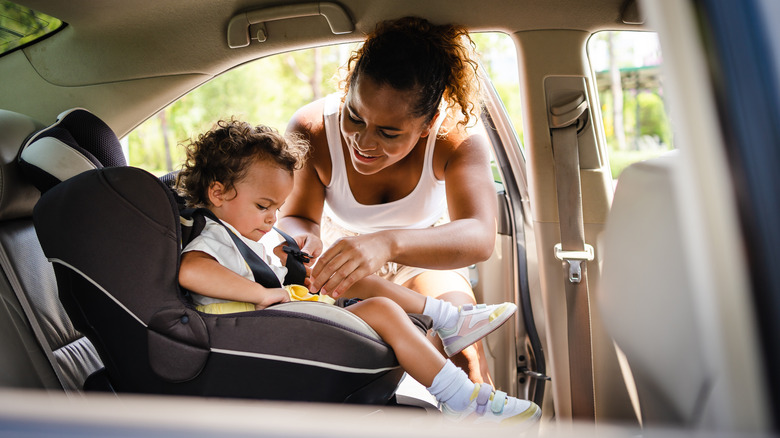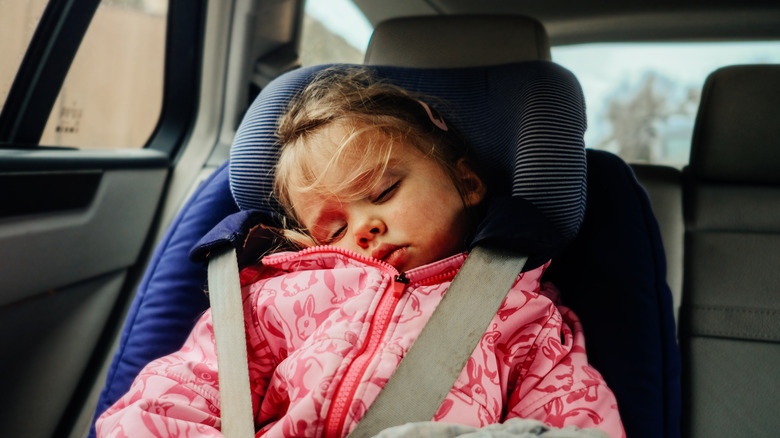This summer’s been a hot one, and sadly, yet again, quite a few kids have died after being left in hot cars. When you see stories like this one in California about a child dying while their mother got lip filler or this one about a mother who claims she thought her child was at daycare, it can be easy to assume only bad parents forget their kids in hot cars. As our friends at Consumer Reports recently pointed out, though, the research shows that isn’t necessarily the case. In fact, under the right circumstances, even you could forget your kids in a hot car.
As David Diamond, a professor of psychology at the University of South Florida and an expert in cognitive neuroscience, told Consumer Reports, “The most common response is that only bad or negligent parents forget kids in cars. It’s a matter of circumstances. It can happen to everyone.”
Basically, it comes down to problems with the way human memory works, and it gets worse when we’re stressed or distracted. Typically we’re pretty good at remembering the things we’re supposed to do on a daily basis, but when you change that routine, as many families of young children do during the summer, we’re more likely to forget important details. Different types of memory work differently, and the part of our brains that reminds us of our new or future tasks can be overridden by the parts that thrive on routine. In Diamond’s research on hot car deaths, stress, sleep deprivation, and change in routine are the most common factors.
“The habit brain system is a great convenience that allows us to go into autopilot,” Diamond told CR. “The beauty of it is that we don’t have to remember every turn, but the problem is that it’s actually guiding our behavior. When it guides our behavior, it suppresses the other part of the brain that is supposed to remind us of additional information.”
It could happen to anyone
It isn’t like parents who forget their kids in the car plan to do that. Instead, their brains prioritize ingrained habits, sometimes with deadly consequences:
For example, a parent who wouldn’t usually be responsible for day-care drop-off may have had the task that day. Because our brains recognize a pattern for the day, this person would drive to work as usual, even though the baby was along for the ride. And unless there was an external cue, such as seeing the diaper bag or hearing the baby, the parent’s brain would continue on autopilot and could even create a false memory that the child is safely at day care, Diamond found. Sleep deprivation and stress can also increase the potential for a working-memory failure.
Conflicts between the two types of memory aren’t limited to people with certain levels of education or income, either. People who have forgotten kids in hot cars include “teachers, dentists, social workers, law enforcement officers, nurses, clergymen, military officers, and even a rocket scientist.” In fact, Diamond’s research has shown those memory conflicts happen to everyone, on an almost daily basis. It’s just that the consequences of forgetting a child in the car are much more serious than forgetting to take the chicken out to thaw so you can make dinner.
How to ensure you don’t forget
While it isn’t our fault that human memory is faulty, there are still things you can do to reduce the chances of forgetting your child in a hot car. That includes getting in the habit of never leaving a child alone in the car in the first place. It may be fine when the weather is nice, but the more frequently you leave your kid in the car on cool days, the more likely it is that you’ll forget them on a hot day. Additionally, cars can get dangerously hot even when the ambient temperature outside is relatively comfortable. It may not feel too hot to you, but your child could still be in danger.
Consumer Reports also recommends asking child care providers to contact you if your child doesn’t show up at their typical drop-off time unless you’ve let them know you’ll be late, or you won’t be bringing your child in that day. It can also be a good idea to set alarms and reminders on your phone, and CR also encourages parents to keep their cars locked while at home and put the keys where kids can’t get them. Doing so should help keep kids from crawling into a car while you aren’t paying attention.
Additionally, try placing your child’s things in the front seat when you’re driving without another adult and placing your own things in the back seat. It’s a lot harder to forget you have a child in the car when their diaper bag is up front, where you can see it. Plus, on the off-chance you did forget your child was in the car, you’re a lot less likely to walk off without noticing if you have to open the back door to grab your handbag, lunchbox or briefcase.
No parent wants to forget a child in a hot car, but it still happens, even to otherwise good parents. But perhaps, if we could be more honest with ourselves that human memory is faulty and build in safeguards, we can reduce the number of hot car deaths that occur every year. After all, it’s only going to get hotter in the coming years.





